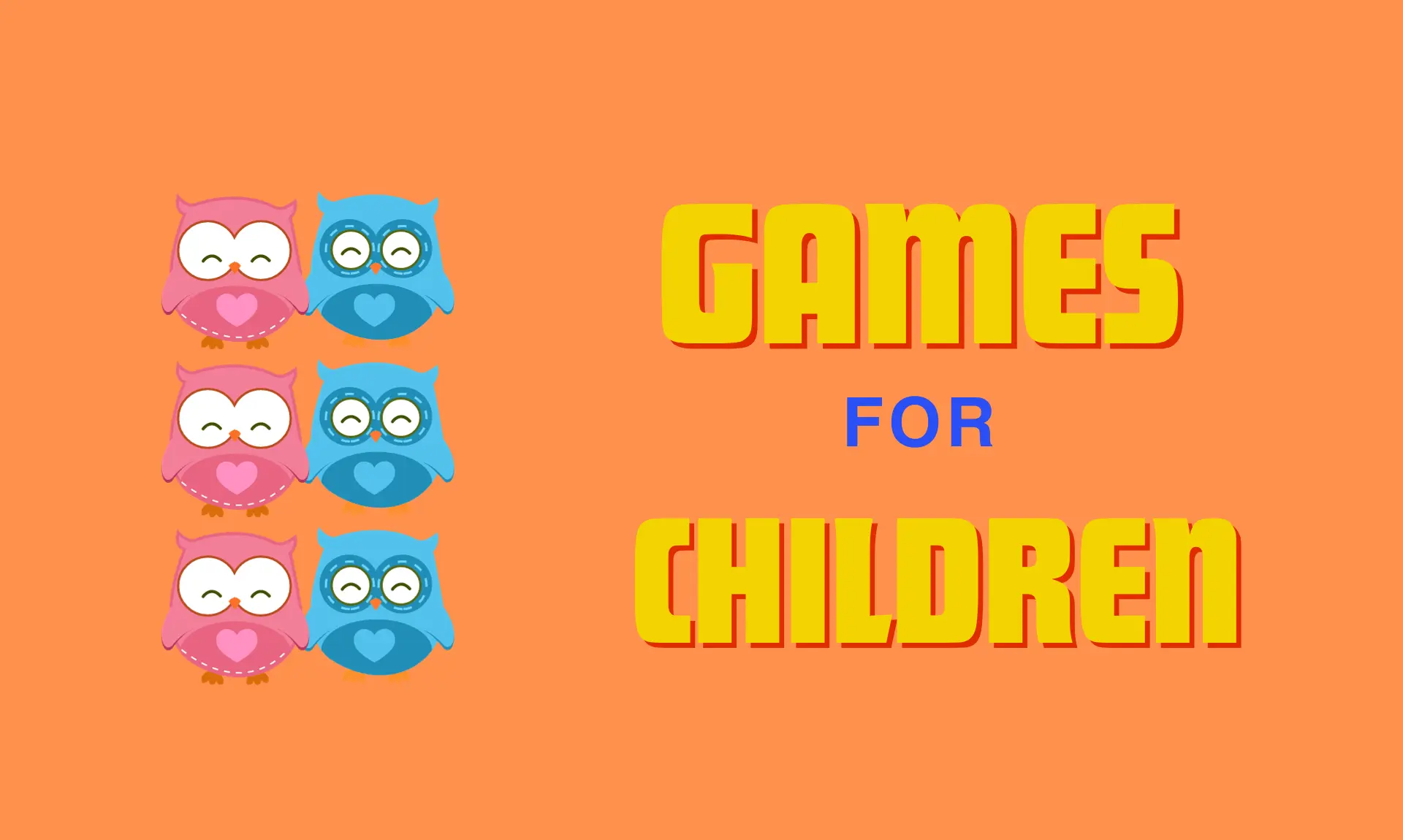Theory of Guilt
Understanding Guilt: Theory, Explanation, and Real-Life Examples
Guilt is a complex emotion that impacts our behaviors, decisions, and overall well-being. It stems from our moral compass and the judgments we make about our actions and their consequences. In this comprehensive article, we will explore the theories and explanations of guilt, its psychological and social dimensions, the impact of guilt on individuals and society, and provide real-life examples to illustrate how guilt manifests and affects various aspects of our lives.
Theory of Guilt
Understanding guilt requires an exploration of various theories that attempt to explain its dynamics and functioning in human psychology and behavior:
Psychological Theory
Freud’s Psychoanalytic Theory: Sigmund Freud proposed that guilt is a result of the conflict between the id (our primal desires) and the superego (our internalized moral rules). Guilt arises when the superego judges our actions as immoral or wrong.
Cognitive Theory: Cognitive psychologists suggest that guilt is a result of cognitive dissonance—the discomfort we experience when our actions are inconsistent with our beliefs, values, or moral standards.
Sociological Theory
Durkheim’s Social Theory: Émile Durkheim emphasized the social aspect of guilt, suggesting that guilt is a mechanism that maintains social order. It helps regulate behavior within a society by discouraging actions that could disrupt social harmony.
Labeling Theory: This theory posits that guilt arises from societal labels or judgments placed on individuals. Society defines certain behaviors as “wrong,” and when individuals engage in these behaviors, they experience guilt due to the social stigma attached to those actions.
Explanation of Guilt
Psychological Aspects
Types of Guilt: Guilt can be classified into different types, such as existential guilt, survivor guilt, and separation guilt, each arising from unique circumstances and experiences.
Development of Guilt in Childhood: Guilt often begins in childhood, as children internalize the moral standards set by their parents or caregivers. Understanding how guilt develops can shed light on managing it effectively.
Impact of Guilt on Behavior
Prosocial Behavior: Guilt can motivate prosocial behaviors, encouraging individuals to repair relationships, help others, or make amends for their actions.
Negative Consequences: Excessive or unmanaged guilt can lead to negative consequences, including anxiety, depression, or a cycle of destructive behaviors, impacting an individual’s mental health and well-being.
Real-Life Examples
Guilt in Parenting
Working Parent Guilt: Many working parents experience guilt for not being able to spend as much time with their children due to work commitments. This guilt can affect their overall emotional well-being.
Discipline and Guilt: Parents often experience guilt when disciplining their children, especially if they feel they’ve been too harsh or unfair in their approach.
Guilt in Relationships
Relationship Infidelity: Individuals who engage in infidelity often experience intense guilt due to betraying their partner’s trust. This guilt can significantly impact the dynamics and trust within the relationship.
Guilt for Harming Relationships: People may experience guilt for actions or words that harm their relationships, leading them to work towards reconciliation and repair.
Conclusion
Guilt is a powerful emotion that influences our behaviors, relationships, and society at large. Understanding the theories, psychological aspects, and real-world manifestations of guilt allows us to navigate its effects and strive for a healthier emotional state. By acknowledging and addressing guilt, individuals can improve their relationships, foster personal growth, and contribute positively to the communities they are part of.
latest video
news via inbox
Nulla turp dis cursus. Integer liberos euismod pretium faucibua





